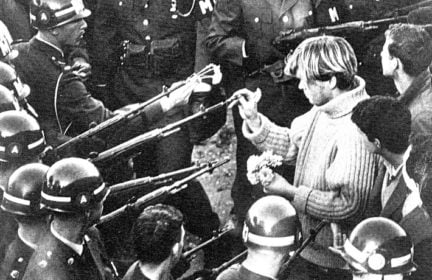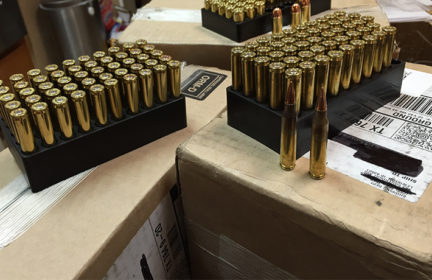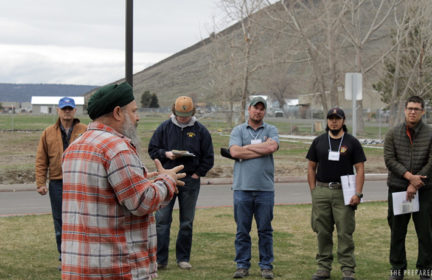Skills >> Gucci Gear
Wanted to make this post mostly pertaining to firearms as I’ve seen a lot of people on here asking questions about purchasing their first gun, but this advice can also be applied to just about anything prepping related. Keep in mind when going to purchase a firearm, or any piece of gear for that matter, that no matter how nice the gear may be, no matter how many cool features it may have, it is nearly useless in the hands of an unskilled operator. This mainly relates to firearms in the fact that far too many people get swept up in the game of trying to find “the best” weapon or optic or accessory out there and lose sight of what actually matters; Shooting the weapon. Sure that $2,000 LMT rifle looks super cool, runs like a racehorse, and has a ton of features, but if you can’t hit a 12″ silhouette at 50yds then it may as well be a pawn shop trade in special. What I’m saying is don’t assume that you can just buy skill with a weapon. Yes I love my Gucci ARs as much as the next gun nut, but if I blow my entire budget on a super expensive rifle setup and have no money for ammo to train with then it means nothing. Now I know right now circumstances are a little rough if you didn’t stockpile ammo before all this began, but the good news is there is still a way to hone your skills without ever firing a round. It’s called dry fire. Thomas and I touched on this in a previous thread, but dry fire is a wonderful way to build skills and muscle memory that are critical to fluid gun handling, particularly for handguns. The internet is full of videos of dry fire drills you can run at home without a single bullet fired that will greatly improve your speed, skill, and overall familiarity with the weapon. I’d be glad to post some of my personal routines if anyone is interested as well. Just running simple dry fire drills will help you begin to master the basics of sight acquisition, trigger press, grip/shouldering techniques, and weapon manipulation. It may feel silly at first, pretending to fire and reload your weapon with no ammo, but I can promise you the more dry fire reps you do the work for, the more it will pay off on the range and in real situations. Dry fire is no substitute for live ammo practice, as there are still fundamentals that can only be learned with live rounds, but it is a fantastic skill building supplement, especially for new shooters. No matter what caliber of shooter you are though, dry fire drills can and will help keep you at your top proficiency levels.
So let’s wrap things up:
1. Don’t buy a weapon so expensive you can’t afford ammo to train with it. I’m not saying don’t buy gucci guns if you have the disposable income, just don’t put yourself in a position where you have a high class weapon but you’re a low class shooter because you couldn’t afford to train with it.
2. Dry fire. A lot. Especially in times like these where ammo is scarce and priced like precious metal
3. Don’t get caught up in the hype about a certain weapon or optic or upgrade etc thinking that it will magically make you a better shooter. Higher quality gear allows good shooters to push their performance, but the increase is skill-driven, not gear-driven. Save up, buy ammo, train, and then once you have acquired a level of skill and confidence in your shooting begin looking for ways to enhance your performance.
I hope this was helpful to a lot of you good folk just getting in to the world of firearms, don’t be afraid to ask if you have any questions or would like any advice. I’m no master marksman but there are a lot of people on here with a lot of great knowledge who are glad to share it. The US has had a massive amount of new gun owners arise here in the past few months and it’s our job as experienced shooters to help educate and inspire them the best we can. If anyone would like links to videos of how to get started training or good dry fire drills to run just let me know, I would be happy to post them in the comments section.
And as always,
This is the way
-
Comments (8)
-


